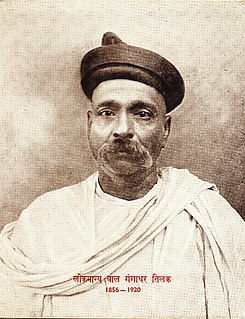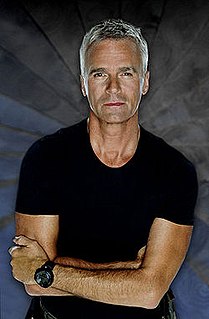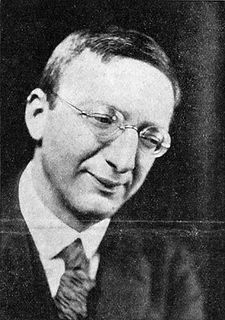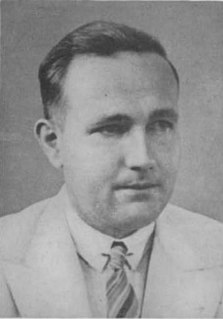A Quote by Bal Gangadhar Tilak
The geologist takes up the history of the earth at the point where the archaeologist leaves it, and carries it further back into remote antiquity.
Related Quotes
We are inescapably the result of a long heritage of learning, adaptation, mutation and evolution, the product of a history which predates our birth as a biological species and stretches back over many thousand millennia... Going further back, we share a common ancestry with our fellow primates; and going still further back, we share a common ancestry with all other living creatures and plants down to the simplest microbe. The further back we go, the greater the difference from external appearances and behavior patterns which we observe today.
Human history has become too much a matter of dogma taught by 'professionals' in ivory towers as though it's all fact. Actually, much of human history is up for grabs. The further back you go, the more that the history that's taught in the schools and universities begins to look like some kind of faerie story.
If I could go back to a point in history to try to get things to come out differently, I would go back and tell moses to go up the mountain again and get the other tablet. Because the Ten Commandments just tell us what we are supped to do with one another, not a word about our relationship to the earth. Genesis starts with these commands: multiply, replenish the earth, and subdue it. We have multiplied very well, we have replenished our populations very well, we have subdued it all too well, and we don't have any other instruction.
The earth is not a mere fragment of dead history, stratum upon stratum like the leaves of a book, to be studied by geologists and antiquaries chiefly, but living poetry like the leaves of a tree, which precede flowers and fruit ~ not a fossil earth, but a living earth; compared with whose great central life all animal and vegetable life is merely parasitic. Its throes will heave our exuviæ from their graves ... You may melt your metals and cast them into the most beautiful moulds you can; they will never excite me like the forms which this molten earth flows out into.
[In geology,] As in history, the material in hand remains silent if no questions are asked. The nature of these questions depends on the "school" to which the geologist belongs and on the objectivity of his investigations. Hans Cloos called this way of interrogation "the dialogue with the earth," "das Gesprach mit der Erde."
































